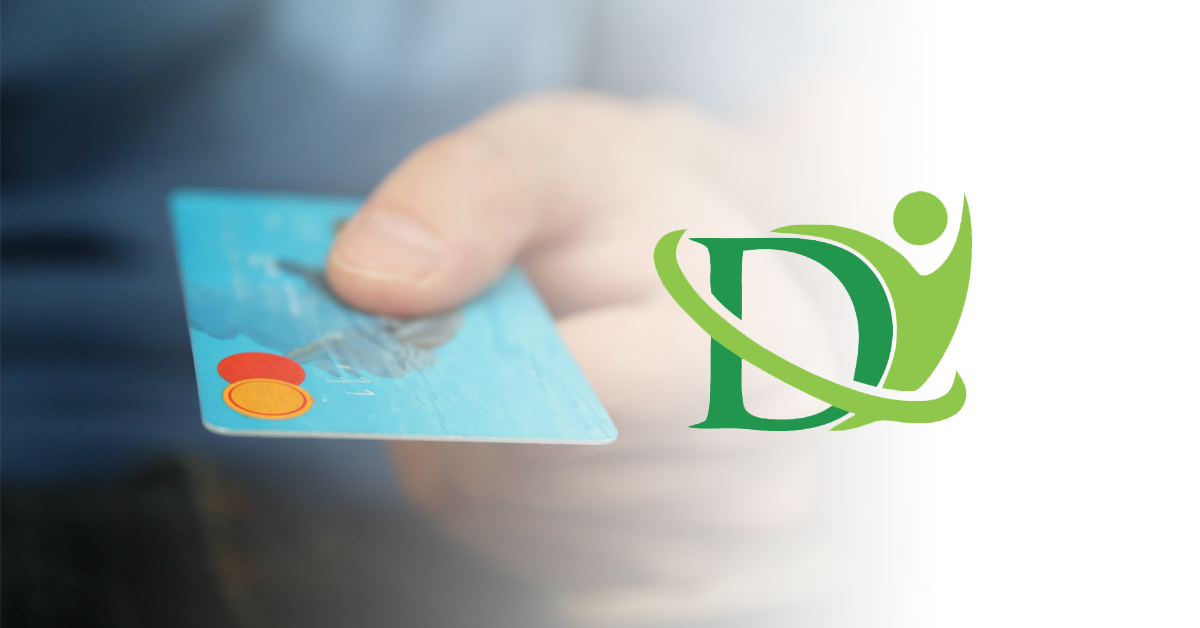
5 Tips to Help Canadians Become Smarter With Money in 2021
February 4, 2021
New Year, New Money Habits. Smart Money-Handling Tips for 2021
February 12, 2021Living a good life while maintaining excellent credit is considered one of the most basic dreams of a lot of people. With the rise of online shopping and eCommerce platforms, this has become even more of a challenge to keep up with.
People who manage to get out of debt deserve a lot of praise. Since it’s that hard to get out of a bad credit situation, the only logical thing to do is to avoid getting into such a situation entirely. While that may generally be the case, there’s still a way around it.
Using a credit card without actually falling into debt is very much attainable—one must just be knowledgeable and careful with how to handle it.
Saving Up Before Buying Anything
The simplest way to avoid falling into credit card debt is to never purchase anything without having the ability to pay in full. Before buying anything with a credit card, set aside the full amount in a secured bank account. That savings account should be dedicated to credit card purchases only. That way, when the bill arrives, and it’s time to pay, there shouldn’t be any problems.
This provides perspective on which things are essential to buy and which expenses are nothing more than luxuries. If there is a need to buy anything, setting aside the full amount should be a priority. It doesn’t have to be paid in full at all times, but merely having funds to do so is already a great advantage.
Higher Credit Card Limits are Dangerous
When anyone applies for a credit card, it’s best to request a lower limit—or at least one that’s at a more comfortable level to be paid off in full each month. For existing cards, a lower limit can be negotiated with the credit card company. The limit must be followed to the letter in order for this to work.
This practice alone can prevent putting in danger one’s credit health in the long run. Higher credit limits mean higher losses if bills are left unpaid—or worse, become subject to fraud. Having a lower limit actually grants invaluable protection against an unfavourable financial footing.
Using Credit Cards on Multiple Expenses
The basic notion is that for one to build good credit, a credit card must be used repeatedly. What most people don’t know is that it doesn’t actually matter how frequently it is used. For example, credit cards used to pay for monthly expenses is better than using one to buy appliances or the latest Apple devices.
Expenses can be regular, irregular, or even unexpected—and there is ample opportunity to use a credit card in paying off all those expenses. A more practical approach is to use it on an expense with an automatic limit, like gas or utility bills. Using a credit card to pay for food when eating out or a rising phone bill must be avoided at all times. These expenses can fluctuate regularly and shouldn’t be left at the mercy of the credit card company.
Conclusion
A credit card can either be a great tool for building good credit ratings, or it can be the cause of financial instability. It’s an exercise in controlling a person’s urge to buy and one’s level of discipline in dealing with expenses. Whenever credit card debt feels becomes a challenge, a debt consultant can offer assistance in sorting out finances.
For trusted debt consultants located in Mississauga, ON, rely on DebtHelpers.ca to provide a wide range of consultation services and debt solutions. Thousands of Canadians live a debt-free life away from financial burden because of Debt Helpers. Get a free consultation today!

